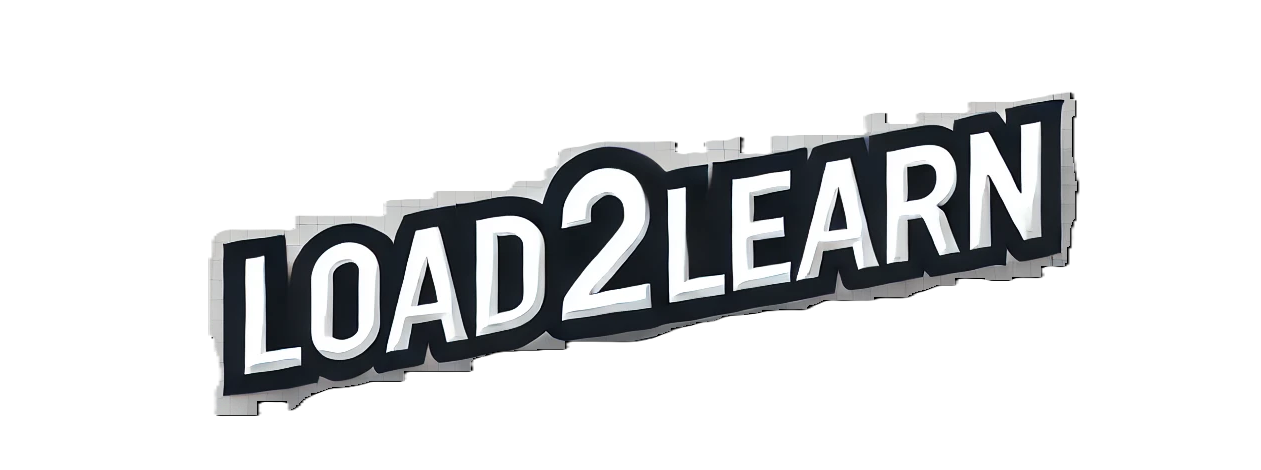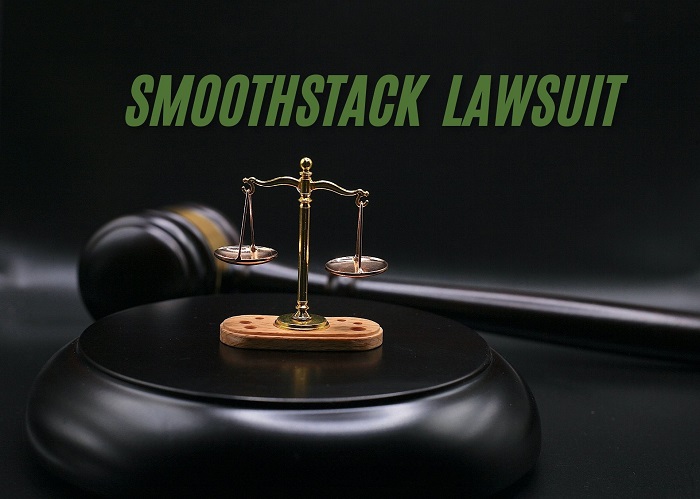Employees are the backbone of an organisation. Without the dedication and hard work of the employees, companies can not achieve the desired success. Even though employees play a crucial role in making an organisation successful, companies do not often recognise their hard work and exploit them. This article will let you know one such unethical employment practice that resulted in a lawsuit. Yes, we are talking about the controversial Smoothstack Lawsuit.
The Virginia-based IT staffing agency, Smoothstack, is being sued through several cases for predatory hiring practices. The key players in this legal action are the U.S. Department of Labor (DOL) and former workers. According to the allegations, the company has a controversial Training Repayment Agreement Provisions (TRAP) which it uses as tools to exploit workers. Let’s take a closer look at the allegations and the aftereffects to understand the situation properly.
Overview of Smoothstack
Before getting into the lawsuit allegations and their impact, it is important to learn about the nature of the company. Smoothstack is an IT training company that connects aspiring technological professionals to Fortune 500 companies. The company provides the employees with vigorous training promising them placements in client firms. Smoothstack markets itself as a launchpad for tech careers, especially for those looking to enter high-demand roles in software development. However, former employees and labour advocates argue that the reality is far from what the company claims. They revealed that the business model of Smoothstack relies on binding workers into unfavourable conditions under the threat of severe financial penalties.
Major Allegations
There are some major allegations against the company regarding unethical employment practices. Check them out here.
1. Unpaid Training and Low Wages
Smoothstack attracts tech workers by promising them paid training and high-paying jobs with well-known clients such as Verizon or Morgan Stanley. The lawsuits, however, state that the company does not usually pay the employees for the first weeks of training and they end up earning less than the federal minimum wage afterward. Employees work long hours sometimes even 80 hours per week, but the company only compensates for 40 hours.
2. Rigid Employment Agreements
According to the allegations Smoothstack forced the employees to sign TRAPs, which binds them to work for 4,000 hours of billable client work. This is approximately two years of full-time employment. If the employee quits or gets fired before completing this amount of work, they had to pay a penalty of up to $30,000, which allegedly is the company’s claimed “training costs” and lost profits
3. Retaliation Against Employees
Employees who try to quit or express their concerns face retaliation, including threats of litigation and severance agreements. This type of unethical behaviour of the organisation restricts employees from speaking about their unfair experiences.
Impact on Employees and the Industry
The Smoothstack lawsuit has major consequences for both the employees and the tech industry. The case brings to light critical issues regarding labour rights and employment practices.
Impact on Employees
1. Financial Loss and Emotional Instability
One of the first effects is the financial obligation that arises from the Training Repayment Agreement Provisions. The company penalized many workers up to $30,000 when they left before the completion of 4,000 billable hours. As a result, some workers were trapped for years in low-paying job roles. Emotional stress, therefore often arises from financial strain when employees feel “stuck” in their jobs without much hope of career development.
Employees are underpaid for training periods and have to work long hours. They report that some of them even have to work up to 80 hours per week but get paid for 40 hours destroying their work-life balance.
2. Legal Consciousness and Action
The lawsuit has brought to the attention of the employees the legal consequences of training agreements. Employees became more careful regarding employment contracts and their complex nature. The incident also made them do thorough research or seek legal advice before accepting a job. It also gave the workers the courage to speak about unfair labor practices leading to a large movement. It ensured better protections and increased transparency in employment agreements.
Impact on the Industry
1. Regulation of Training Programs
The case has brought strict attention to the business models of tech staffing and training companies. Smoothstack and similar companies, offering intensive training programs are now facing greater regulatory scrutiny, labour advocates, and even prospective employees. The case threw light on the difference between legitimate training programs and exploitative practices, prompting a call for more regulation.
2. Recruitment and Retention Strategies
The case makes tech companies rethink their recruitment and retention strategies and modify them following proper regulations. Instead of holding employees hostage with TRAPs, companies started focusing on making work appealing with competitive salaries and development opportunities.
3. Stricter Focus on Employee Rights
The Smoothstack lawsuit contributes to a larger conversation about tech industry worker rights, especially concerning the following issues and complaints:
- Low pay in entry-level positions and associated long hours.
- Lack of job security for a significant portion of contract workers.
- Fewer protections for trainees and early-career employees.
This case has contributed to improving labour standards in the tech sector to ensure workers get proper wages.
Frequently Asked Questions
1. What is the Smoothstack lawsuit about?
The lawsuit alleges that Smoothstack, a Virginia-based IT staffing agency, engages in unfair labour practices, including forcing employees to sign Training Repayment Agreement Provisions (TRAPs).
2. What are the main allegations in Smoothstack Lawsuit?
Employees allege that the company:
- Did not pay them for initial training weeks.
- Provided low payment for subsequent training
- Forced retaliation when raising concerns
They also claim that the TRAPs are unenforceable. It restricts their ability to leave for better opportunities and makes them work for low wages.



















Leave a Reply